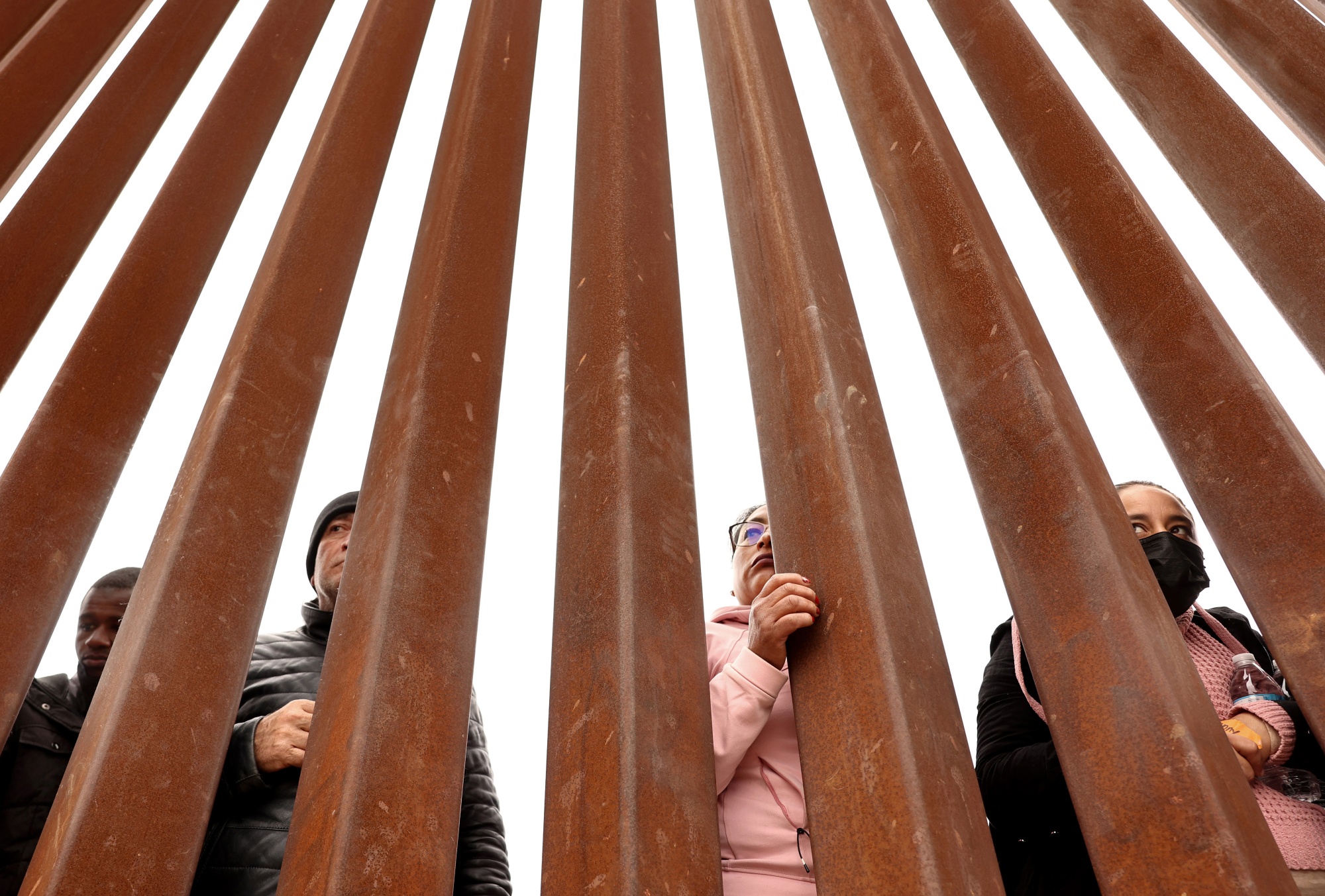
The Borders of Our Hearts
I’m a weekly volunteer at a social services agency, where my duties include interpreting from Spanish to English, and vice versa, for recent immigrants. If they qualify financially and otherwise, we provide temporary rent assistance, help with payment of utilities, vouchers for gasoline, food and emergency housing.
This past winter we needed to provide most of the above for a family of four from Mexico who were sleeping in their old car. Besides a mom and dad, the family included two small children. The car’s windows didn’t shut properly, so they used rolled-up towels in the windows to protect their children from the intense cold. They had no jobs and nowhere to go for help. We helped them with food, fuel and emergency housing.
As a matter of policy, we don’t ask about clients’ legal status, their religion – if they have one – or any other such questions. We just try to help them in their need.
“Illegal Aliens”
The agency is part of the mission of a Catholic diocese, a geographical division of the church, and recently people complained to the diocese that our agency was providing assistance to “illegal aliens.” The bishop of the diocese, and the head of our agency, wrote letters in the diocesan newspaper explaining our mission and defending the agency.
Nearly every one of the 194 Catholic dioceses in the U.S. has an agency like ours and many of them have received similar complaints, which in general, say the church should “mind its own business” and not provide comfort or help to people who may have crossed the border illegally.
But, of course, helping people – not to cross the border or violate the law but to get what they need to live – is exactly what the church must do, along with advocating a change in immigrations laws to make the laws more humane.
Debates about immigration through our southern border are raging in the U.S. The two major parties are, of course, at odds about what to do: the Republicans, basically, want to keep immigrants out. I don’t know exactly what the Democrats want to do.
A Religious and Moral Issue
But like many other issues that are hot-button, immigration is also a religious and moral issue. My Catholic faith, and that of many mainline Protestant denominations, have teachings on the matter that people searching for God should not ignore.
That’s because immigration is mainly a matter of the borders of our hearts. Where have we established our borders? Do we not help people fleeing economic disaster, threats of violence, inadequate systems of justice, health care and education? Where do we draw the line in refusing our love and compassion?
For people searching for God in the Judeo-Christian tradition, don’t we look to Scripture and our church’s teachings? They’re not hard to find.
Writers of the Hebrew Bible urged their readers to respect and assist foreigners, even though the ancient Hebrews had a fierce sense of the uniqueness of the Chosen People.
The Book of Exodus, for instance, has a long section on “rules for living” that includes the commandment, “You shall not wrong a stranger or oppress him, for you were strangers in the land of Egypt,” referring to the generations in which the patriarch Jacob and his descendants were refugees in that country.
No More Important Commandment
For Christians, there is no more important commandment than what Jesus prescribes, covering our relationship with all human beings: “A new commandment I give to you, that you love one another; even as I have loved you …. By this all men will know that you are my disciples.”
As for church teaching, my own Catholic Church is guided by pronouncements from the Popes and in the United States by the National Conference of Catholic Bishops.
“Our Church,” says the NCCB statement, “has responded to Christ’s call for us to ‘welcome the stranger among us,’ for in this encounter with the immigrant, the migrant, and the refugee in our midst, we encounter Christ.”
Like the vast majority of immigrants, the family from Mexico didn’t choose to be born into their dire circumstances or resort to the painful remedy of immigration. They are simply seeking better lives for themselves and their families. They are our brothers and sisters who need help, the kind of people Jesus anticipated would come into our lives. If we are searching for the God of compassion and love, how can we deny them?

